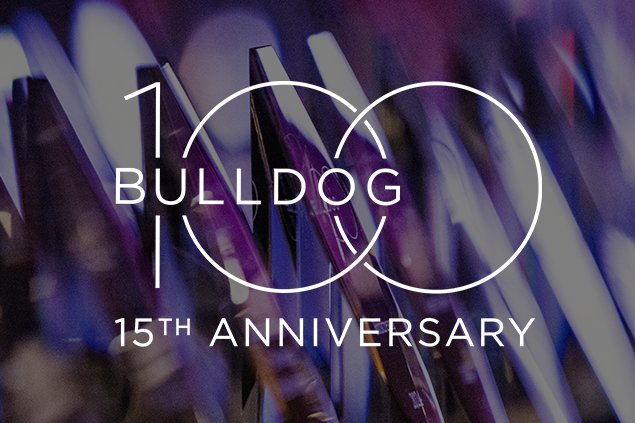
MacDonald, a University of Georgia scientist, warns people to be cautious when buying restricted
chemicals.
"It's not the actual selling over the phone that's
dangerous," said
MacDonald, a weed scientist
with the UGA College of
Agricultural
and Environmental Sciences. "It's the buying."
The most recent cases of telemarketed pesticide sales were to
farmers.
But homeowners have been
targets, too.
Lora Lee Schroder, a consumer protection specialist with the
Georgia
Department of Agriculture,
said some salespeople try to sell farm chemicals to
homeowners. But
homeowners can't legally use
them.
"They're trying to sell these chemicals to homeowners with
the pitch
that if it's diluted enough,
it's safe around the house," Schroder said. "Or (consumers
are told)
they can buy ag chemicals in
bulk and save money. Either way, it's an illegal use of the
chemical."
Schroder said farm chemicals are formulated differently from those mixed for home use.
"Even though the active ingredient may be the same in both products," she said, "the concentrations are different, and the products are designed for different uses."
MacDonald said the main problem is that you can't see the
label on a
pesticide container sold over
the telephone. The label tells the buyer how to legally use
the product,
he said.
"We've had one case of a company selling a herbicide to kill
the weeds
in pecan orchards," he
said. "The seller promised it would kill weeds for four
years. The
problem was that the product
would kill the pecan trees, too."
Most often, the sellers exaggerate the pesticide's benefit or
sell it
for a use for which it is no
longer labeled. But without seeing the label, the buyer
can't know
the product's real use.
The label tells the buyer many important things: the
chemical's legal
use, how to dilute it for use
on different plants or crops, proper safety precautions,
remedies for
accidents with it and how to
contact the manufacturer with questions.
Schroder said it's a must to have a label on every
product. "Without
a label affixed to a pesticide
container, the product is considered illegal," she
said. "And it's
very unsafe."
Without a label, you can forget what chemical is in the
container and
how to treat any physical
injury the chemical could cause.
MacDonald suggests a few things to do to protect yourself from pushy telephone sales.
- Ask for more information. Get a copy of the product label to read for yourself its uses and limitations.
- Ask for the name of the active ingredient in the product. Call your county extension office to learn the appropriate use of that product.
- Get the name and address of the selling company and the name of the salesperson. Use this information to find out the company's reputation from the Better Business Bureau.
unusable? Not much.
Schroder said you can try to return it to the seller. But
often the
telemarketing firm has
disappeared, leaving its customers high and dry.
But that poses another problem: What do you do with unusable
chemicals
on the farm or in the
home? Your county extension office can tell you how to
safely dispose
of illegal chemicals. Or they
can help find someone who can legally use them.
MacDonald said sending an account of your bad experience to
the local
Better Business Bureau
can help others avoid the same situation.
Most often the telemarketers' deal sounds too good to be true
and probably
is. MacDonald said
the safest way to buy pesticides is to buy from someone you
know and
trust. "Otherwise," he said,
"it's definitely 'let the buyer beware.'"






